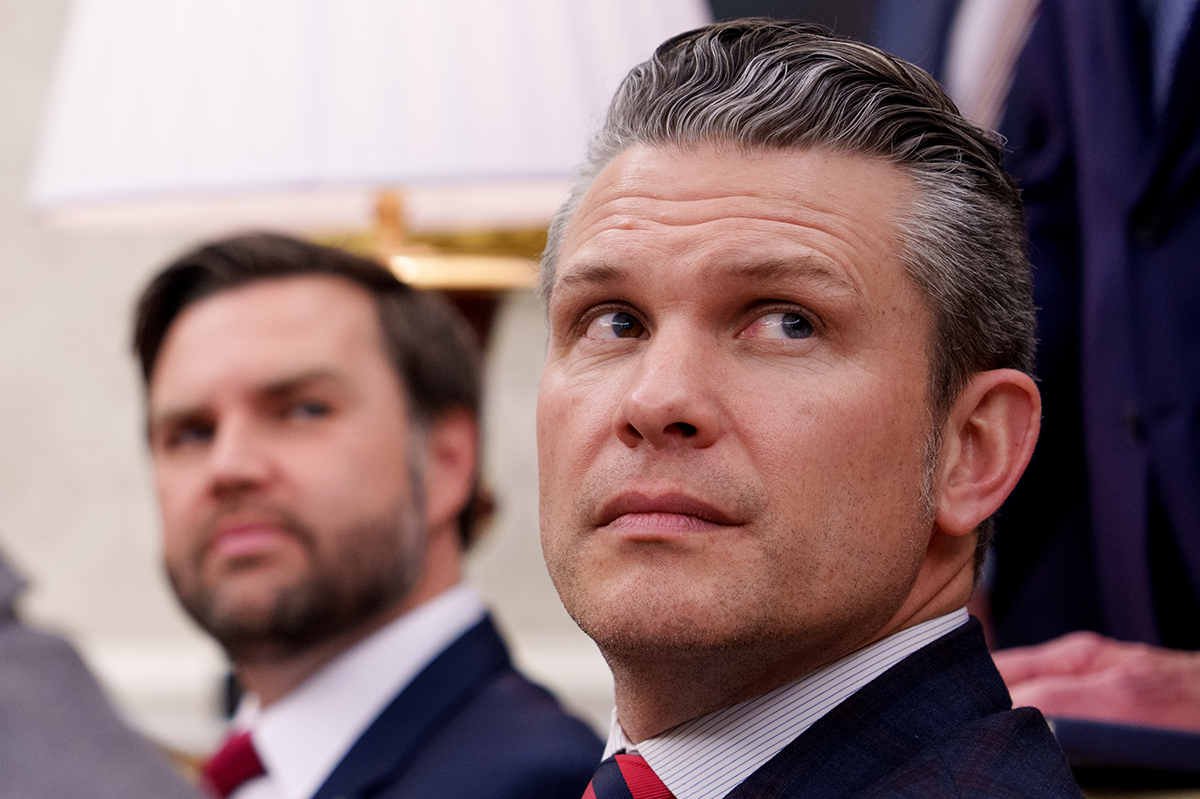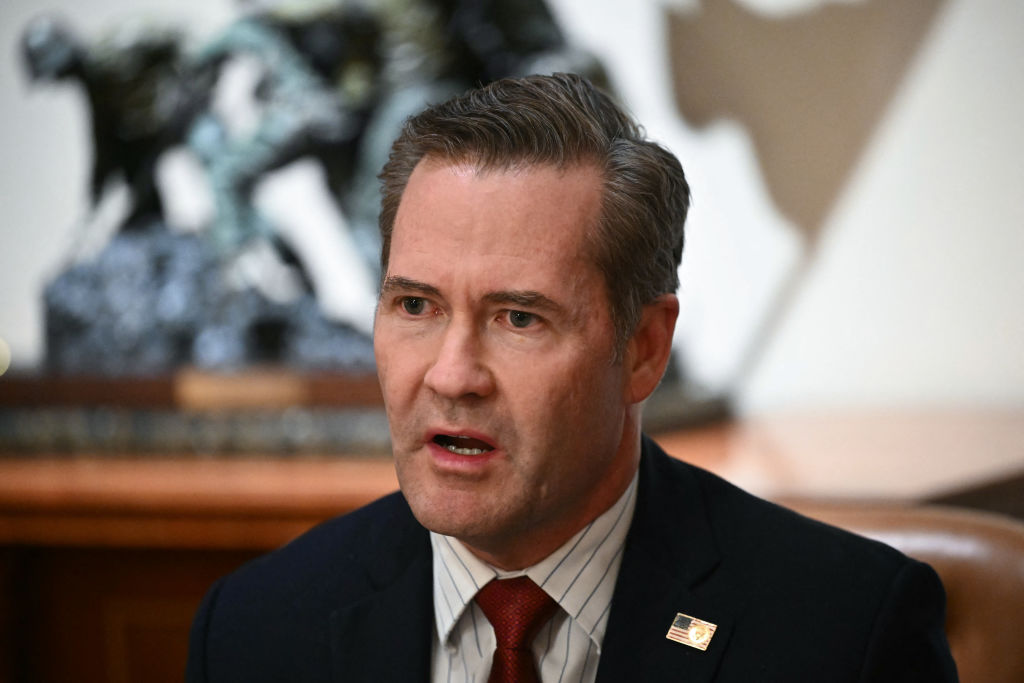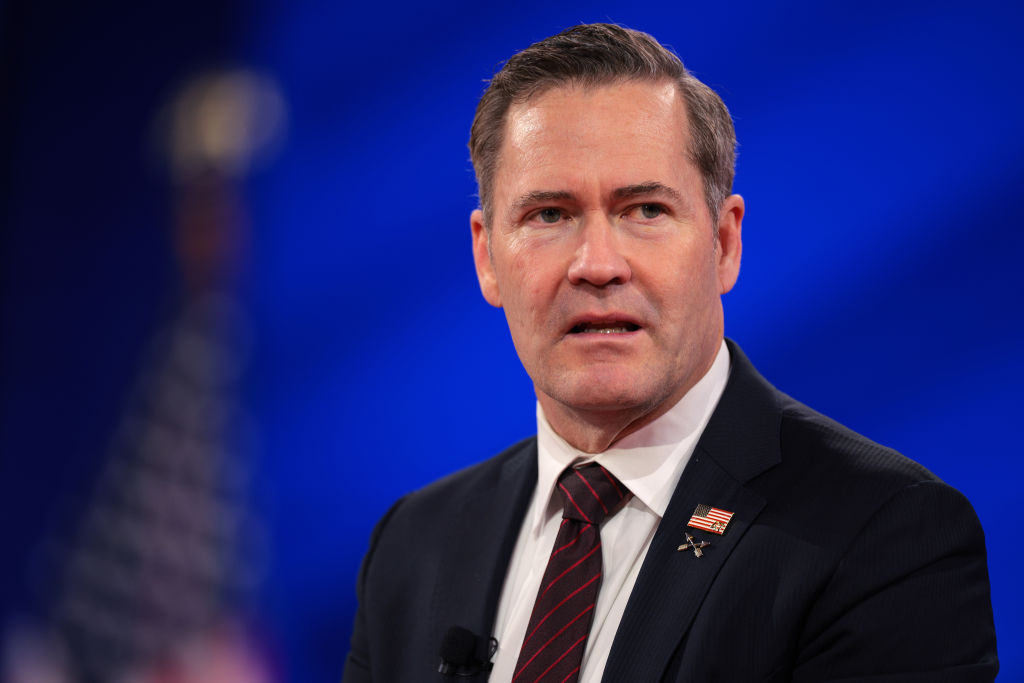We live in an explainer age. Pundits, bloggers, TV hosts, professors, journalists, and scientists love to explain why whatever is happening is happening.
Visit the New York Times, for example, and you’ll find articles explaining who Boris Johnson really is, why kids are behind in school (no great mystery there) and how to help them, and why the Omicron variant of COVID-19 really isn’t milder. The Atlantic, which loves to explain things, too, also has an article on why “Calling Omicron ‘Mild’ Is Wishful Thinking.” Wondering “Why Making Friends in Midlife Is So Hard”? The Atlantic has an answer for you. Curious about “The Real Reason Americans Aren’t Isolating”? The Atlantic can explain that, too, and answer pretty much any question you might have, including how to ask better questions.
People have always asked questions, but today we tend to prefer answers that offer a simple cause-and-effect explanation. Because of the triumph of the sciences in the twentieth century, fields like economics and psychology, communications and English, which could be understood as species of philosophy or art, have increasingly favored problems and explanations that can be treated in material terms.
The 1930s and ’40s saw the rise of econometrics, which focuses exclusively on phenomena that are supposedly quantifiable. What we call the Nobel Prize for Economics is actually the “Sveriges Riksbank Prize in Economic Sciences in Memory of Alfred Nobel,” and it has tended to prefer contributions that offer “new analytical methods in finance and econometrics,” as the committee puts it in its explanation of the criteria for the award.
In the 1950s, psychology went through what George A. Miller calls a “Cognitive Revolution.” “As Chomsky remarked,” Miller writes, “defining psychology as the science of behavior was like defining physics as the science of meter reading. If scientific psychology were to succeed, mentalistic concepts would have to integrate and explain the behavioral data” (my emphasis).
We now have “communication studies,” which approaches what was previously thought of as the art of rhetoric from a firmly social-science angle. The hottest subdiscipline in English right now is digital humanities, where scholars use algorithms to analyze texts and other kinds of technology to either read or store them.
There is nothing wrong with providing quantitative answers to quantitative questions. Some recent work in economics and the cognitive sciences, even in the digital humanities, has been particularly interesting. But it can lead to the view that everything can be explained in such terms, which is both absurd and distinctly incurious.
In the epilogue to Dostoevsky’s Crime and Punishment, the psychologists at Raskolnikov’s murder trial argue that he murdered the Jewish pawnbroker because of a “temporary insanity.” “To the great annoyance of those who defended this opinion,” Dostoevsky writes, “the criminal did almost nothing to defend himself”:
He had resolved on the murder as a result of his frivolous and fainthearted nature, further exasperated by hardship and failure. And to the question of what precisely had prompted him to come and confess his guilt, he answered directly that it was sincere repentance. There was something almost crude about it all . . .
What is crude to the court psychologists is Raskolnikov’s use of moral language (“fainthearted nature” and “sincere repentance”). They believe, as Raskolnikov did earlier in the novel, that there is no such thing as good and evil, only psychic and social forces. As the passage makes clear, however, they are unaware that their belief is far cruder in its reductivism than Raskolnikov’s newfound acknowledgment of morality.
Mass media is often blamed for the crass simplicity of public discourse today, and there is something to this argument. It is hard to provide a nuanced opinion in a soundbite. This has been exacerbated by social media, which obscures the relational element of language and rewards bombast.
But this drive to explain everything in material terms is also partly to blame. It can sound high-minded, but often isn’t. It can fashion itself as the result of a preoccupation with truth when in some instances it is as much an attempt to quash certain kinds of answers as it is to provide real ones. It can use the guise of curiosity to hide a stringent absolutism.

























